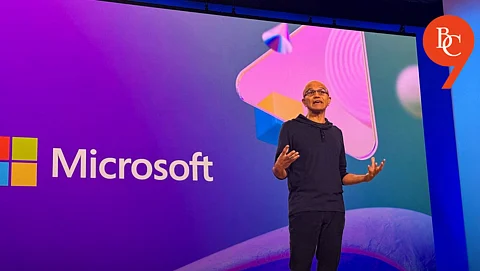

Microsoft is preparing a specialized version of its Copilot AI tool for the Pentagon. As the U.S. Department of Defense (DoD) eyes a new era of digital transformation, Microsoft’s Copilot already celebrated for boosting productivity in the corporate world may soon become a critical asset on the digital battlefield.
Microsoft’s Copilot, the company’s flagship generative AI solution, is designed to automate tasks, generate reports, analyze data, and enhance collaboration across its Microsoft 365 suite including Word, Excel, PowerPoint, and more. Now, Microsoft is adapting this powerful tool for the unique demands of the Pentagon, with a launch for DoD environments expected no earlier than summer 2025.
This initiative is more than a technical upgrade; it’s a strategic leap. The Pentagon, one of the largest employers in the world with over 2 million service members and nearly 770,000 civilian staff, stands to gain unprecedented efficiency and insight from Copilot’s AI-driven capabilities.
Deploying AI in the defense sector comes with enormous responsibility. Microsoft has made it clear that Copilot for the DoD will only launch after passing rigorous security and compliance audits, including meeting stringent requirements like DoD IL5, FedRAMP High, and CMMC certifications. The company is working closely with government stakeholders to ensure airtight data compartmentalization, robust audit logging, and safeguards against AI “hallucinations” or data leaks crucial in an environment where a single error could have dire consequences.
A successful Copilot deployment at the Pentagon would be a massive commercial win for Microsoft, potentially adding over 1 million new users and generating hundreds of millions in annual revenue. But the implications go far beyond business. In the global race for AI supremacy, a robust, secure partnership between Microsoft and the U.S. government could set a new standard for responsible AI adoption in defense while sending a strong signal to rival powers accelerating their own AI initiatives.
Despite the promise, challenges remain. The Pentagon’s complex bureaucracy could slow deployment, and the risks of vendor lock-in, data sovereignty, and over-reliance on a single tech partner loom large. Microsoft must also prove that Copilot can operate flawlessly in high-security, mission-critical environments where even minor errors are unacceptable.
